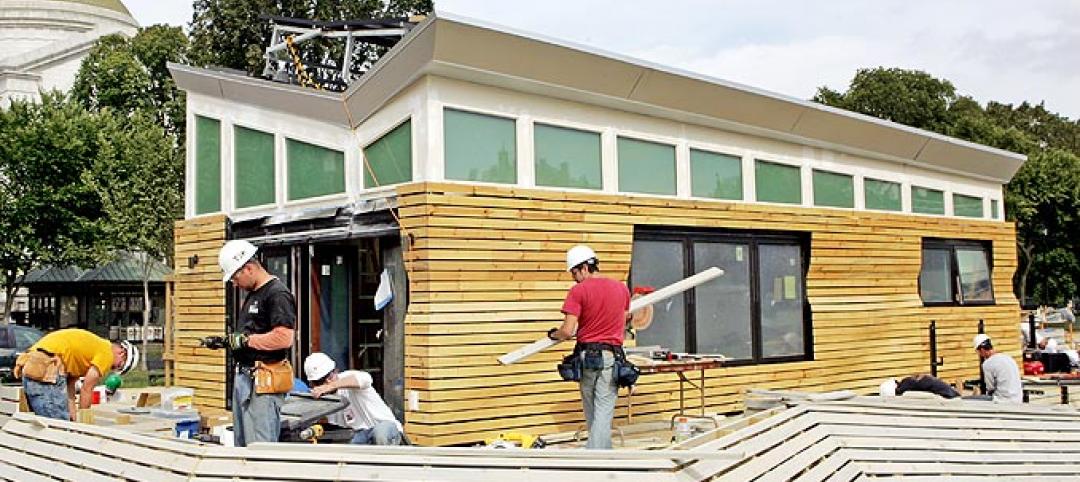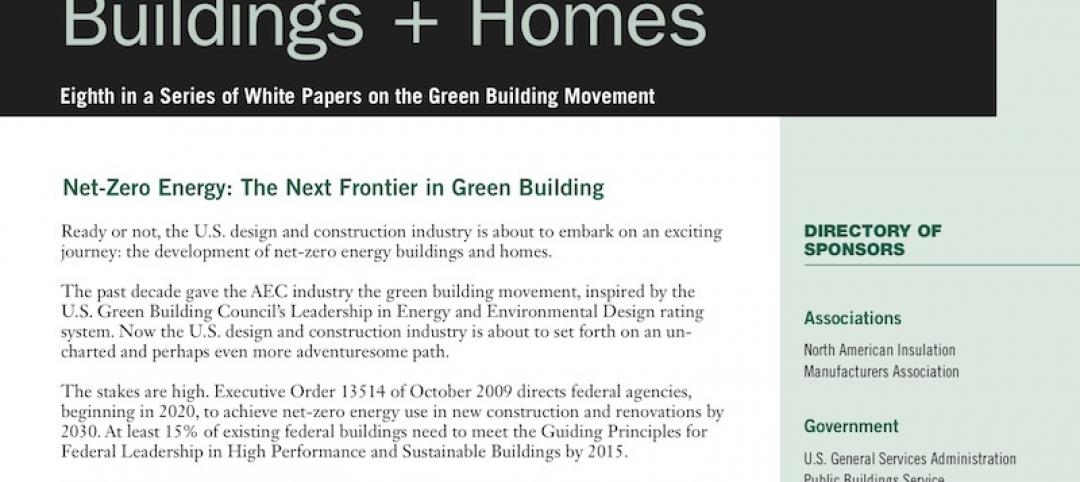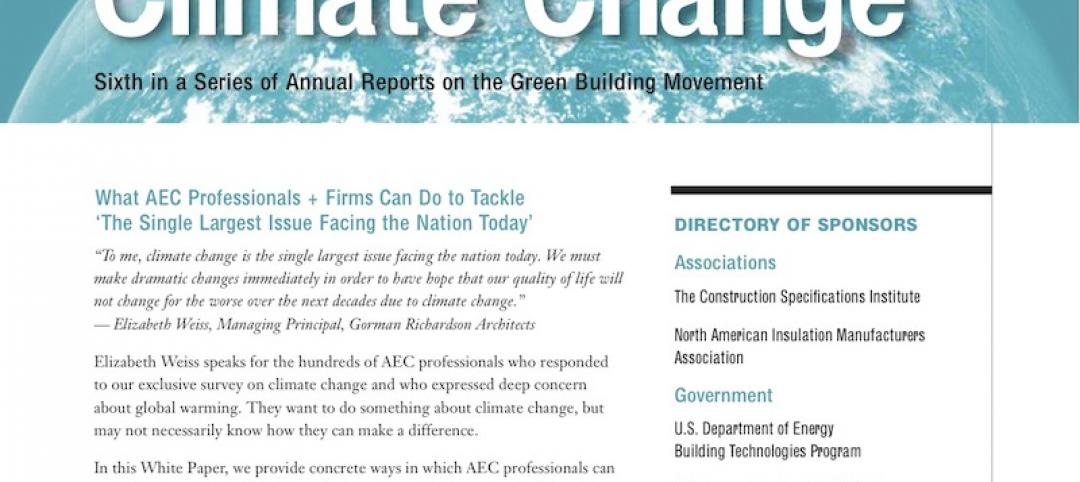In recent years, cities including New York, Chicago, Washington, D.C., Portland, Ore., and Fayetteville, Ark., have reduced or eliminated required parking spaces on major developments.
Many of these developments are located near mass transit stations and/or are affordable housing projects. In New York, the city eliminated parking requirements for low-income, “inclusionary” (with some units going to low- or middle-income families), and affordable senior housing developments that are within a half-mile of mass transit.
Chicago recently expanded areas targeted for transit-oriented development with parking requirements made minimal or eliminated. In January, Washington, D.C., reduced parking requirements for multi-family buildings and commercial buildings near metro stations and along high-speed bus routes. Last year, Fayetteville, Arkansas eliminated parking minimums for every new building except homes.
Developers say that parking requirements increase costs, making it more difficult to build affordable housing, especially in high-cost cities.
Related Stories
| Mar 27, 2013
Open discussion of regulations on tap at AGC’s 2013 Federal Contractors Conference
The AGC Federal Contractors Conference provides a venue for contractors and federal agency personnel to meet in a collaborative forum to review federal construction contracting issues from around the United States.
| Mar 22, 2013
Earn $500 as a DOE proposal reviewer
The DOE'S Building Technologies Office this morning put out a call to the AEC industry for expert reviewers for its new energy-efficiency initiative for small commercial buildings, which make up more than 90% of the commercial building stock.
| Mar 19, 2013
Boston mayor’s energy efficiency disclosure rule under fire
A proposed ordinance in Boston mandating energy audits is coming under criticism from the Greater Boston Real Estate Board and others as being too costly and intrusive.
| Mar 18, 2013
USGBC to GAO: 'Schools need over $271 billion in maintenance fixes'
The Center for Green Schools at the U.S. Green Building Council (USGBC) has released its first “State of our Schools” report, highlighting the critical need to modernize school facilities to meet current health, safety and educational standards.
| Mar 14, 2013
Possible tax code changes prompt action from various industries, including construction
With Congress potentially tackling tax reform, businesses, trade groups and others are jockeying to get their voices heard.
| Mar 6, 2013
OSHA: Employers must post injury and illness summaries
The Occupational Safety and Health Administration is reminding employers to post OSHA Form 300A, which lists a summary of the total number of job-related injuries and illnesses that occurred during 2012.
| Feb 25, 2013
10 U.S. cities with the best urban forests
Charlotte, Denver, and Milwaukee are among 10 U.S. cities ranked recently by the conservation organization American Forests for having quality urban forest programs.
| Feb 22, 2013
Defense department report: Green design saves taxpayers money
An independent report on energy efficiency and sustainability standards used by the Pentagon for military construction affirms the value of LEED-certified high performing buildings to America’s military and U.S. taxpayers.
| Feb 21, 2013
BD+C's 2011 White Paper: Zero and Net-Zero Energy Buildings + Homes
We submit our eighth White Paper on Sustainability in the hope that it will inspire architects, engineers, contractors, building owners, developers, building product manufacturers, environmentalists, policymakers, government officials, corporate executives, officeholders, and the public to foster the development of net-zero energy buildings and homes.
| Feb 21, 2013
BD+C's 2008 White Paper: Green Buildings + Climate Change
In this White Paper, we provide concrete ways in which AEC professionals can have a positive role in addressing climate change.














